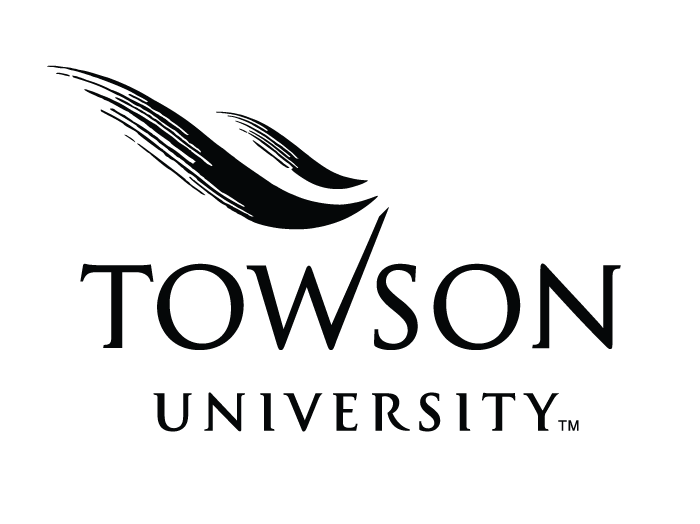The following is excerpted from an article by Sharon P. Robinson in the September/October issue of Principal magazine, a publication of the National Association of Elementary School Principals.
Increasingly, teacher preparation programs are committing to and guiding more meaningful student-teaching experiences. The momentum is shifting from casual relationships built on candidate placements to partnerships where P-12 (the sum of primary and secondary education) schools see teacher candidates as resources to help them achieve ambitious learning goals.
This movement is overdue. It is being accelerated by accreditation requirements that seek to make robust clinical experience a standard for the field. But states and institutions of higher education also are using new performance assessments that require candidates to demonstrate teaching skills. The most widely used is edTPA, which was developed by educators under the leadership of the Stanford Center for Assessment, Learning and Equity. Developed over four years and operational in the fall of 2013, these assessments ask teachers to demonstrate core skills such as planning lessons, assessing student progress, and modifying instruction to be more effective. edTPA was designed to complement course completion and subject-knowledge tests.
Timothy Merritt is the principal at High Point Elementary School in Pasadena, Maryland. Last year, his school hosted seven teaching interns from Towson University in Baltimore. Hosting interns has become more challenging but more rewarding since Towson began requiring candidates to complete edTPA, says Merritt. As part of this process, candidates use the clinical experience to develop and submit portfolios of lesson plans, work samples, written reflections, and an unedited video of them delivering instruction.
Because of the higher demands placed on the candidates and the host school, Merritt says it’s now standard to expose teacher candidates to his school’s improvement plan and work with them to develop high-impact strategies for target groups such as boys and students from low-income families. “When the intern comes in, they learn about the big rocks we want to move. Lesson development is at the forefront of our minds,” he says. “We want them to be totally aligned with our data and what our school improvement plan has identified as a need. It’s really cool when you see that alignment.”
Merritt and his mentor teachers also must provide constant feedback and reinforce the reflection and introspection that Towson now requires. For example, candidates must write extensively to reflect on instructional strategies, effectiveness and adjustments to failed strategies.
“We try to get interns to think about what they are doing. We try to pick their brains to understand why they are doing what they are doing,” Merritt says. “It’s almost a different mindset. I’ve tried to morph my own practice as a leader to ask a lot more questions to be more introspective. We can pat ourselves on the back and feel good, but the real intent is to get better every day.”
Though he expected to hear concerns and even protests to making videos of teachers leading instruction, he has experienced neither. He chalks that up to the close cooperation and guidance from Towson, which has coached his staff and provided sample permission slips and even video equipment. Merritt is so pleased with how much candidates learn from the video process that he wants his veteran teachers to video record and review their instruction as part of professional development.
Merritt says that his school could not be as effective at helping candidates meet the new edTPA requirements without close collaboration, guidance, and professional development from Towson faculty and the university’s liaison to High Point.
“It’s a partnership that we expect will continue growing stronger,” he says.
Sharon P. Robinson is president and CEO of the American Association of Colleges for Teacher Education.

